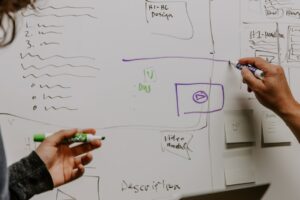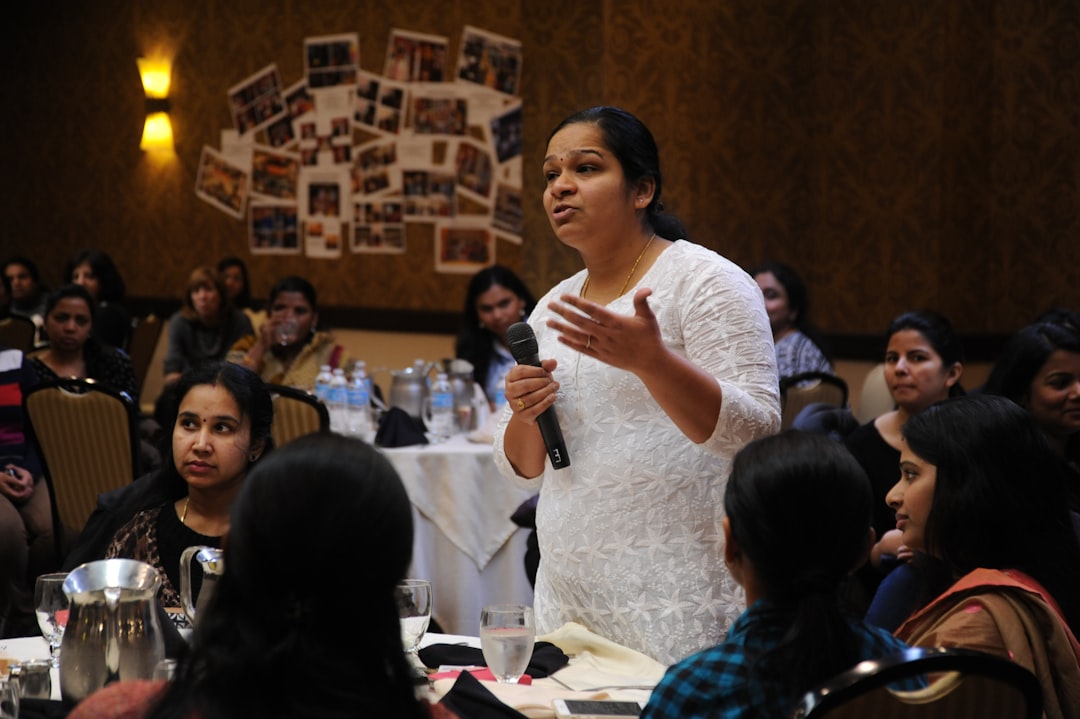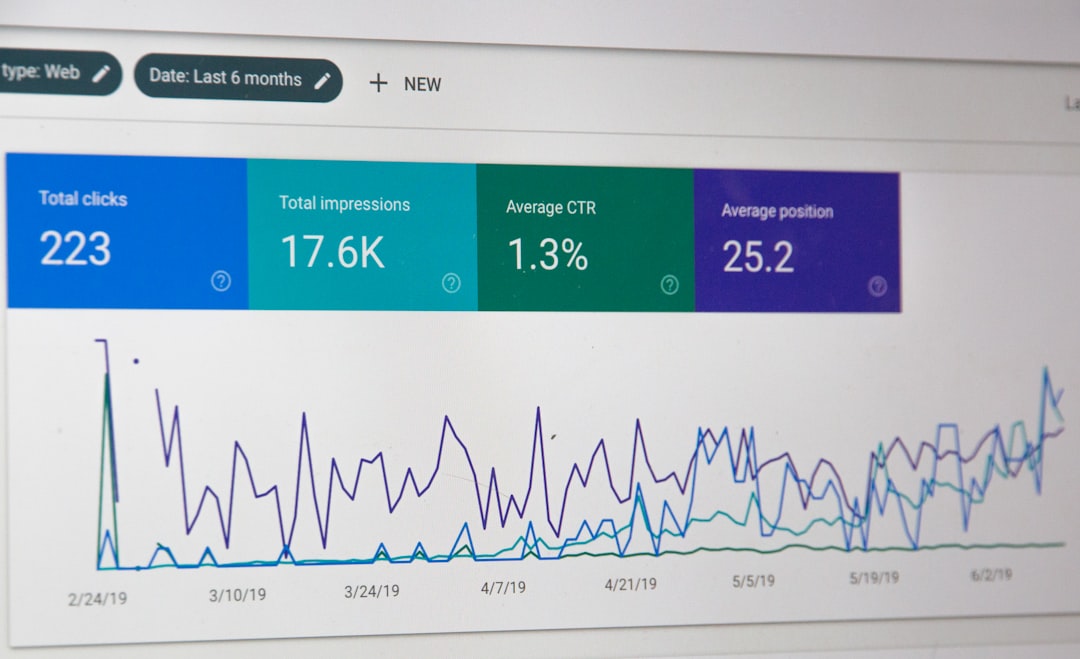Mastering Control Structures: If-Else, Switch, and Loops in C
Control structures are fundamental components of programming languages, including C, that dictate the flow of execution of a program. They allow developers to specify conditions under which certain blocks of code should be executed, enabling the creation of dynamic and responsive applications. In C, control structures can be broadly categorized [more ...]
Vedic and Early Buddhist Structural Forms
The Vedic and early Buddhist traditions represent two of the most significant cultural and spiritual movements in ancient India, each contributing uniquely to the development of religious thought and practice. The Vedic tradition, rooted in the sacred texts known as the Vedas, emerged around 1500 BCE and is characterized by [more ...]
From Feudalism to Capitalism: Unpacking Transition in the Early Modern West
The decline of feudalism marked a significant transformation in the socio-political landscape of Europe, particularly from the late Middle Ages into the early modern period. This system, characterized by a hierarchy of lords, vassals, and serfs, began to unravel as various factors converged to alter the established power dynamics. One [more ...]
Understanding Data Types and Expressions in C: From Variables to Operators
Data types in C are fundamental building blocks that define the nature of data that can be stored and manipulated within a program. They dictate how much memory is allocated for a variable, what kind of operations can be performed on that variable, and how the data is interpreted by [more ...]

























































































































